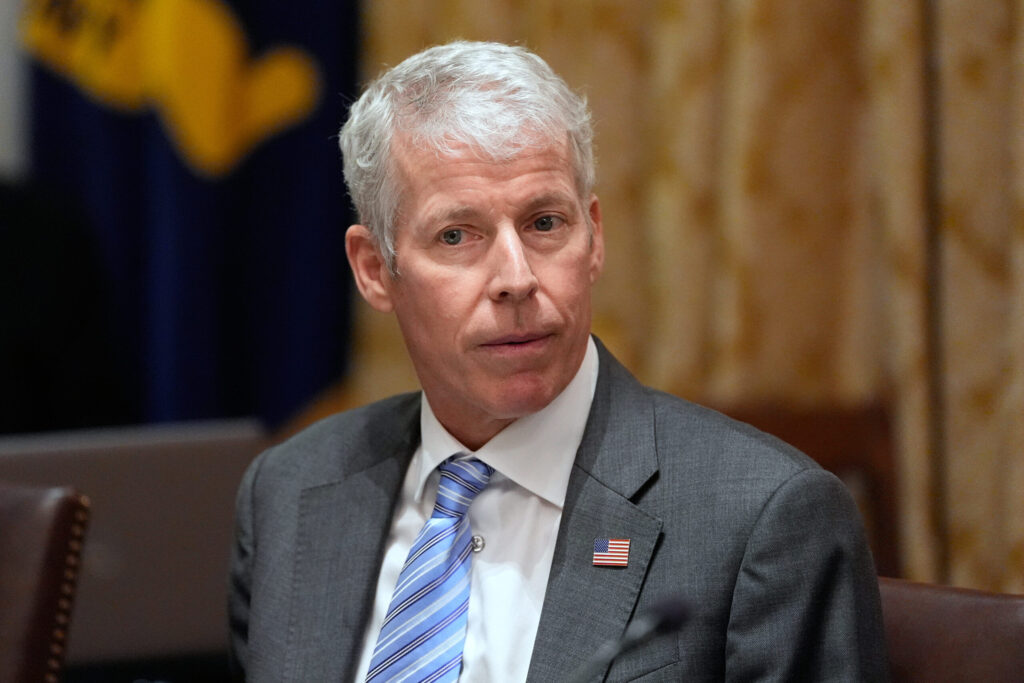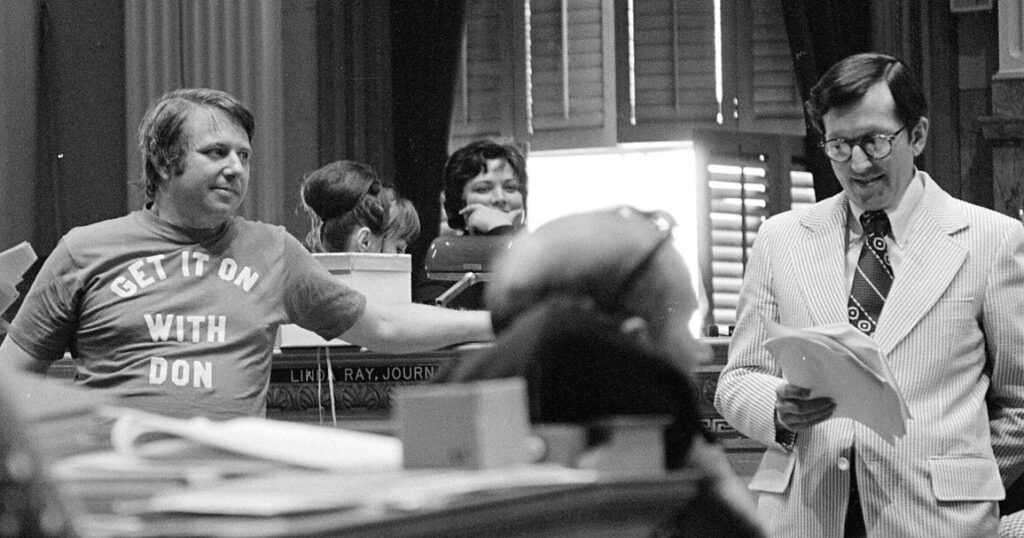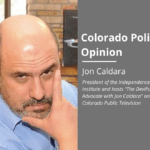How Colorado can prioritize energy affordability amid federal rollbacks | OPINION

By Emilie Olson
Colorado is facing a new energy challenge, one that demands state leadership. The recent repeal of federal clean-energy tax credits from the passage of H.R. 1 (“the One Big Beautiful Bill”), as well as new restrictions on wind and solar projects, could cause household energy bills to rise by hundreds of dollars annually. This comes at a time when many Coloradans are already dealing with high costs and a strained electricity grid.
That’s why Gov. Jared Polis’ new executive action matters. Polis launched the Colorado Energy Savings Navigator tool to help Coloradans access incentives before they expire and directed state agencies to fast-track clean energy projects for more affordable, reliable power. It’s exactly the kind of signal this moment needs, but we can’t stop here — all corners of Colorado’s government need to work together and go even further, faster.
Today’s state leaders face a pressing imperative to keep the lights on, prevent energy costs from rising further, and quickly build the resources necessary to meet demand. Fortunately, there are many actions they can take.
First, the legislature must double down on policies to make it easier to upgrade our grid swiftly, starting with the transmission system. While we build new power lines, which can take years, we can also deploy advanced transmission technologies (ATTs), as a faster, more affordable solution. ATTs can double the capacity of existing lines, reduce grid congestion, and deliver energy more efficiently to where it is needed. The San Luis Valley has abundant solar resources, and with improved planning and deployment of ATTs, we can bring that energy to communities across the state more quickly and at a lower cost.
Second, the state should make it easier for everyday people to generate, store and save energy at home through tools like smart thermostats, solar panels paired with home batteries, and electric vehicles. When these devices are all connected, they form virtual power plants (VPPs) that can coordinate at scale on when to generate or store energy. VPPs can reduce stress on the power grid and save consumers money by using energy more efficiently, and customers who have these devices can also earn incentives for sharing the energy produced. Thankfully, the legislature has already laid the groundwork for VPPs, and the Public Utilities Commission (PUC) is in the process of implementing them. For consumers to benefit, the PUC must work with technology providers, utilities, and communities to build a VPP program that delivers real savings and can become a national model.
Third, the PUC should consolidate planning processes, taking a forward-looking approach and busting siloes where they still exist across increasingly intersecting investment and policy areas. This means, for example, better aligning transmission and generation resource planning, or planning between gas and electric systems. It might sound simple, but long-term planning of this kind isn’t happening. Integrated infrastructure planning can avoid wasteful spending, reduce pollution and prepare us better for the future.
None of these strategies strain the budget or need new federal funding, just the political will to act. That urgency is even greater now, following last year’s lackluster legislative session, where progress was limited by budget shortfalls and competing priorities. Meanwhile, prices are rising, utilities face extreme weather and rising demand and families are feeling the financial strain. Doing nothing will only deepen the affordability crisis and make our energy system even more fragile.
Polis’ latest action is an important reinforcement of Colorado’s clean-energy foundation, and a welcome signal Colorado will not wait on Washington, D.C. to lead. By moving quickly on these next steps, Coloradans can be confident state leaders are doing what’s in their power to protect families from rising energy costs, make our electricity more reliable, and keeping the clean-energy transition moving forward.
Emilie Olson has led national business association Advanced Energy United’s engagement in Colorado for more than six years.













